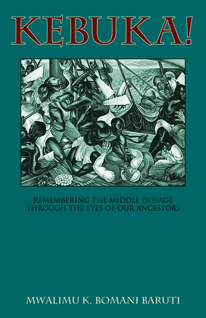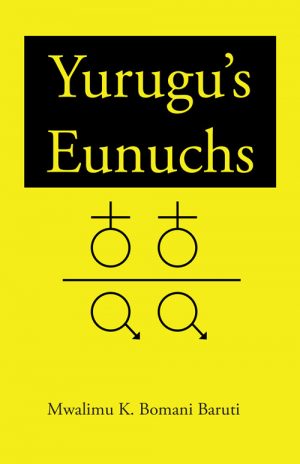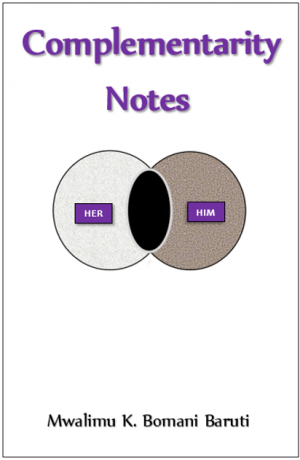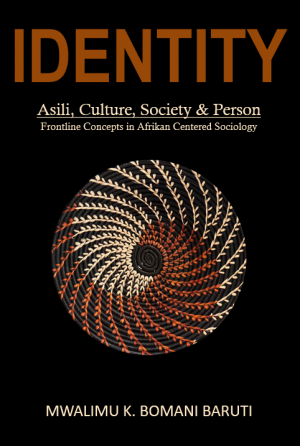People tell us we should forget. They tell us we should forget about our homeland and our ancestors and our traditions because we are much better off here than in any place we were before. Many even tell us that being brought to this place saved us from ourselves by giving us religion and reason.
They would have us believe that the brutalities we face here are no worse than those faced by any other people before. They say that our oppression is not unique. And, because it is not unique, we should not overburden ourselves or bother others with feeling either betrayed (except by our own) or dehumanized. They say digging up these lost memories is truly a waste of good time and energy.
We are also told that there is no reason to look back because that would distract us from seeing the beauty and promise of this time and place. We are warned that delving into the past creates unnecessary pain and suffering and instigates a rage better off left dead. They say we must be patient as they work the white magic of grafting us onto european society and culture. They repeat this over and over again as if to convince themselves of this lie. And we hear it so much that many of us believe and lovingly affirm it in return.
However, a people without a story do not exist as a people, and most of us do not know our story. We do not even truly know how we got from our motherland to this place. So, to correct this, we must ask the hard and painful questions that lead to those answers so we will know our story and, in turn, come to fully know ourselves, since we are the culmination of all Afrikans who came before us.
Therefore, our questions must always lead us home. For, how can you find your way home by forgetting your way home? How can you find your way home by forgetting how you got to where you are now. How can you find your way home without figuring out how you got lost in the first place. Unless you see home as some backward, barbaric, pagan outland or limit it to the place your stolen ancestors were brought to, you must look further than the deception of white lies to find our truth.
We must move “backward” into this knowing to gain remembrance. That movement homeward begins as we walk with our ancestors as they crossed the tempestuous waters that separate this place from home. That movement is what this book is all about. It takes us through the Middle Passage through the eyes of our ancestors.
Table of Contents
Chapter 1: Introduction
Chapter 2: Beginnings
Chapter 3: The Coffles
Chapter 4: The Dungeons
Chapter 5: The Slavers
Chapter 6: The Arrival
Chapter 7: Blame and Belief
Endnotes




